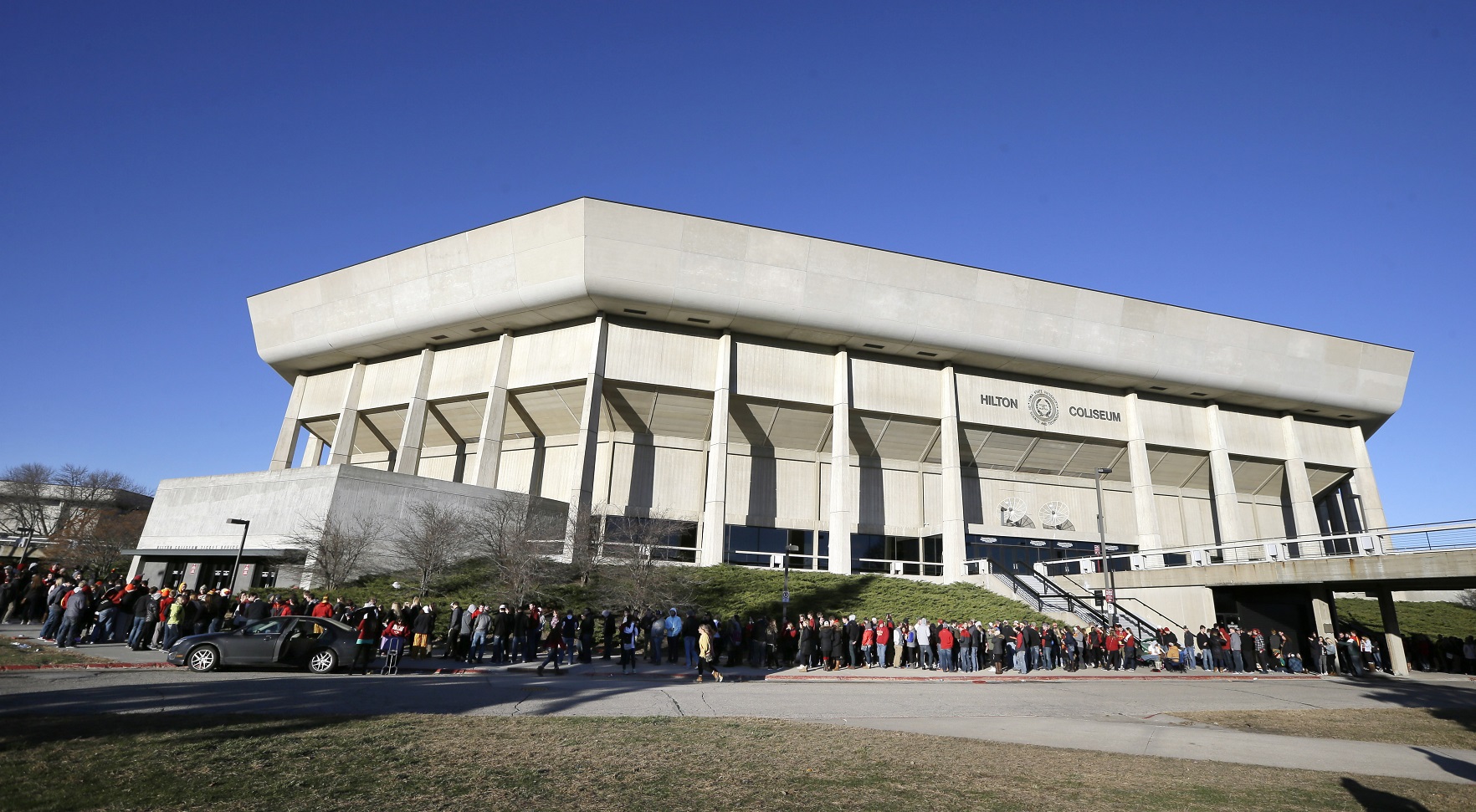
Athletes in Iowa State gambling sting say evidence was seized illegally and cases should be tossed
Four former or suspended Iowa State athletes contend in a court filing Tuesday that evidence in a state sports wagering investigation was gathered illegally and all charges against them should be dismissed.
Attorneys for former football players Isaiah Lee, Jirehl Brock and Enyi Uwazurike and suspended wrestler Paniro Johnson filed the motion to suppress in Story County.
The four are among about two dozen Iowa State and Iowa athletes criminally charged last year. They each face a felony charge of identity theft and an aggravated misdemeanor charge of tampering with records.
Most of the athletes who were charged pleaded guilty to underage gambling, paid fines and had identity theft charges dropped.
The identity theft charges stemmed from athletes registering accounts on mobile sports betting apps under different names, usually a relative.
Defense attorneys reiterated their contention that there was no probable cause for the searches into online wagering activities that resulted in criminal charges and lost NCAA eligibility.
In the motion to suppress, the defense alleges a special agent for the Iowa Division of Criminal Investigation violated the agency’s limited-use agreement with a geofencing tracking firm when he used its software to locate places inside ISU athletic facilities where athletes were making wagers on mobile betting platforms. The agent later obtained account information from the platforms to identify the athletes and third parties whose credit cards were used.
The motion contends use of the tracking software was unconstitutional because no warrant had been issued, and it noted that the software firm, GeoComply, cut off DCI’s access to the tool last month because the user agreement was violated.
The DCI special agent, Brian Sanger, said in a deposition that he opened the investigation because of his concerns about potential match fixing, though he had no tip or specific information that such activity was taking place among ISU athletes.
Defense attorneys have said in court filings that the athletes were told by investigators that the online wagering companies were under investigation, not them. In the motion to suppress, the athletes said they were not read their Miranda rights, which can protect a suspect from self-incrimination, so any admissions or statements should be thrown out.
The state Department of Public Safety, which oversees DCI, said in a statement last month that it believes its methods stand up to legal scrutiny.
FILE – Iowa State students stand in line outside Hilton Coliseum before an NCAA college basketball game between Iowa State and Iowa, in Ames, Iowa on Dec. 10, 2015. (AP Photo/Charlie Neibergall, File)










